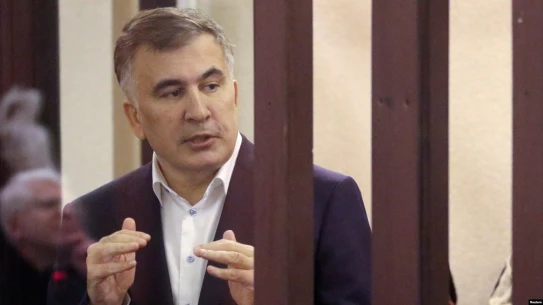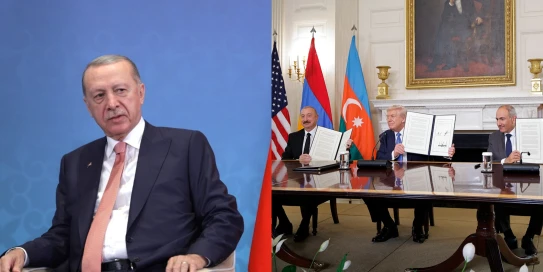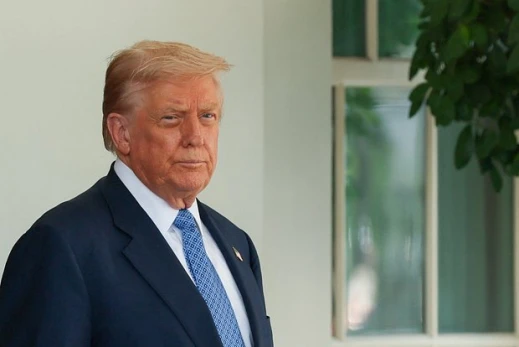Since the beginning of the year, public discontent has gained new momentum.
There is inflation in almost all areas, on the other hand, various tax rates have increased. The target of the blow is small and medium-sized businesses and not only.
The authorities interpret this as a fight against the shadow economy, and citizens as an attempt to tax themselves even more.
We talked to economist Suren Parsyan in the following context: are the increases in various taxes justified? He notes that for each country, tax policy is called to serve economic policy or help achieve economic goals.
“Unfortunately, in our reality, the economic goal, targets are not formulated, and it turns out that tax policy has become an end in itself.
It sets itself a goal, mainly fiscal, namely the goal of filling the budget, and tries to achieve that goal, ignoring that this can cause problems for the economy, economic development, export, development of small and medium-sized businesses, etc.
This is "Our common problem that we have in the economy in a global sense. There is no economic goal, no policy, and tax policy sets goals for itself and tries to implement those goals.
As a result of this, unfortunately, we will have quite serious problems in the future, taking into account the fact that tax rates have doubled solely for the purpose of reducing the shadow economy or ensuring additional tax collections, without assessing the specifics of individual sectors, profitability, patterns, etc.," the economist said in an interview with Pasti.
He adds that it turns out that, for example, the same rates and approaches will be applied to the jewelry and clothing sectors, which, according to him, is illogical and unfair. "Or, for example, the government, according to its declared goals, is trying to ensure documentation.
However, the main burden of ensuring this documentation is placed on small and medium-sized business merchants, who do not have much influence on suppliers and manufacturers. It is not that there are thousands of such suppliers and organizations in our market that can take goods on paper.
In addition, as a result of the ineffective or imperfect activities of the state in a number of sectors, we have a large amount of smuggling, for example, in the case of jewelry.
A large amount of jewelry products and gold bars are smuggled from Turkey, in these conditions they create a certain gap in the market - cheap goods without documents, which distorts competition, and the merchant who decides to work on paper will simply be left out of the market.
There are a number of other factors as well, for example, there are very few workshops in Armenia that are licensed or operate as jewelry workshops. Most of them are formulated as service providers, because the requirements imposed on them are milder than the requirements imposed on the workshop.
Many questions There are problems in the production and supply sectors, but they see the solution to all this by taxing small and medium-sized traders. This is an unfair and incomprehensible situation.
Similar situations exist in other sectors, for example, clothing sales and public catering. In the case of public catering, the tax burden is also increased to 12 percent with the logic that they must provide documentation.
It is no secret that a large number of public catering products are purchased from the market, which are not sufficiently documented. This also creates a problem. We have a similar situation in the clothing sector.
In this sector, the State Revenue Committee often does not accept importers' documents, calling them unreliable, etc. And now they will have to pay more for it.
All this is done purely to fill the budget, reduce the shadow economy, this is not done to improve economic policy, ensure economic growth.
Meanwhile, this should have been the goal,” our interlocutor notes. The authorities respond to complaints through various interviews or working discussions. As always, only after making a decision does the government “find out” what flaws there are in it.
“It is more than obvious that the current authorities did not organize a proper public discussion, and the clearest proof of this is the fair dissatisfaction of our SME representatives.
They did not take into account the sectoral problems and peculiarities, as a result of which merchants will be forced to either raise prices, which is unlikely, or go into the shadows.
With their tax policy, they are inciting small and medium-sized businesses to operate in greater shadows. With these tax rates, small and medium-sized businesses are not competitive, they cannot operate, they will be forced to go into the shadows. Both the state and business will suffer from this.
This is not the right approach, it will cause greater damage to the state than the tax revenues that they supposedly expected,” he emphasizes. economist.
But on the other hand, the government, whose reputation, to put it mildly, is not in a good state, is putting itself in an even worse situation with these unpopular steps.
Is the state of the economy that bad? "The current authorities are conditioning the increase in tax rates on the fact that there is a tax gap in the economy, that is, certain uncollected taxes, which need to be collected.
And the goal of this is to secure a significant part of tax revenues, taking into account the fact that in 2024 the state budget underperformed in tax revenue collection, about 220 billion drams less tax was collected than planned.
At this moment, the budget situation forces them to make changes.
They are unable to ensure budget execution, they are forced to collect additional taxes. The second problem is that in case of making these changes, they can expect additional loans.
Various international organizations are forcing us to make such changes, to reduce the tax gap, so that states can take out additional loans. Of course, we are also dealing with disorganization and political miscalculation here.
A number of their programs are problematic, they may have negative reactions from the public, they are focused on 2025-2026.
It is no coincidence that, for example, they postponed the declaration until November to ease the tension a little. I am sure that some programs will try to revise, they will make some changes in terms of tax revenues or tightening tax administration, trying to alleviate the situation.
This will become a rather serious headache for the current authorities, they are unable to solve the problems systematically, and as a result of this, similar problems will periodically occur, "concludes Suren Parsyan.
LUSINE ARAKELYAN



























